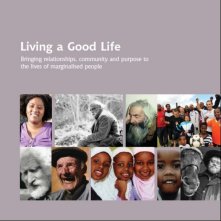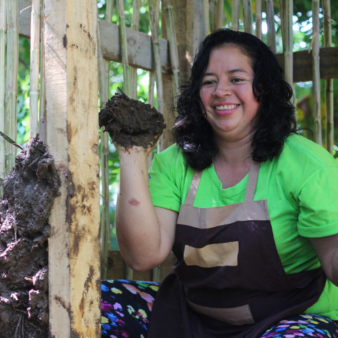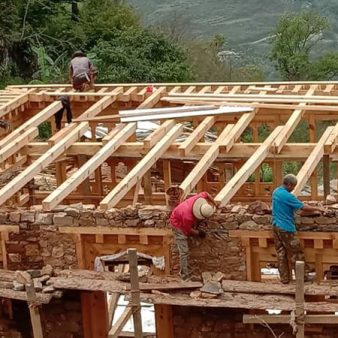
This report radically rethinks how the most vulnerable and marginalised can be better housed and included within their communities, and sets out four key areas of action to achieve this.
The fundamental elements of a good life – relationships, purpose and community – are denied to many millions of people, especially those vulnerable and marginalised individuals and groups who are excluded from the societies in which they live.
This report resulted from a meeting of social innovators, from all around the world, at the Rockefeller Foundation’s Bellagio Center in Italy. These innovators work to ensure that marginalised and vulnerable people are not only decently housed, but can also feel welcome and lead a dignified life in the communities in which they live.
The report identifies four key areas for action to bring about effective policy and practice in meeting this challenge,
- The current policy focus on delivering services to marginalised groups should be reframed to one of facilitating a life of participation and contribution, a key element of which is being able to belong. This involves developing a new language that helps us to imagine and express radical alternatives.
- Proven and successful demonstration projects should be scaled up in such a way as to ensure impact, durability and spread. This scaling up should be based on strategic involvement, an enabling policy environment and bold, innovative partnerships.
- The responsibility to ensure that people’s basic needs are met and their human rights protected remains with government, although the private and civil society sectors have an increasing and key role to play in developing innovation and implementation.
- The social enterprise route has proven itself to be successful among marginalised groups, enabling them to rebuild homes, lives and have a place in their communities and should be developed further. It also enables civic society to be less dependent on government and avoids it being perceived as a begging sector.



Join the discussion